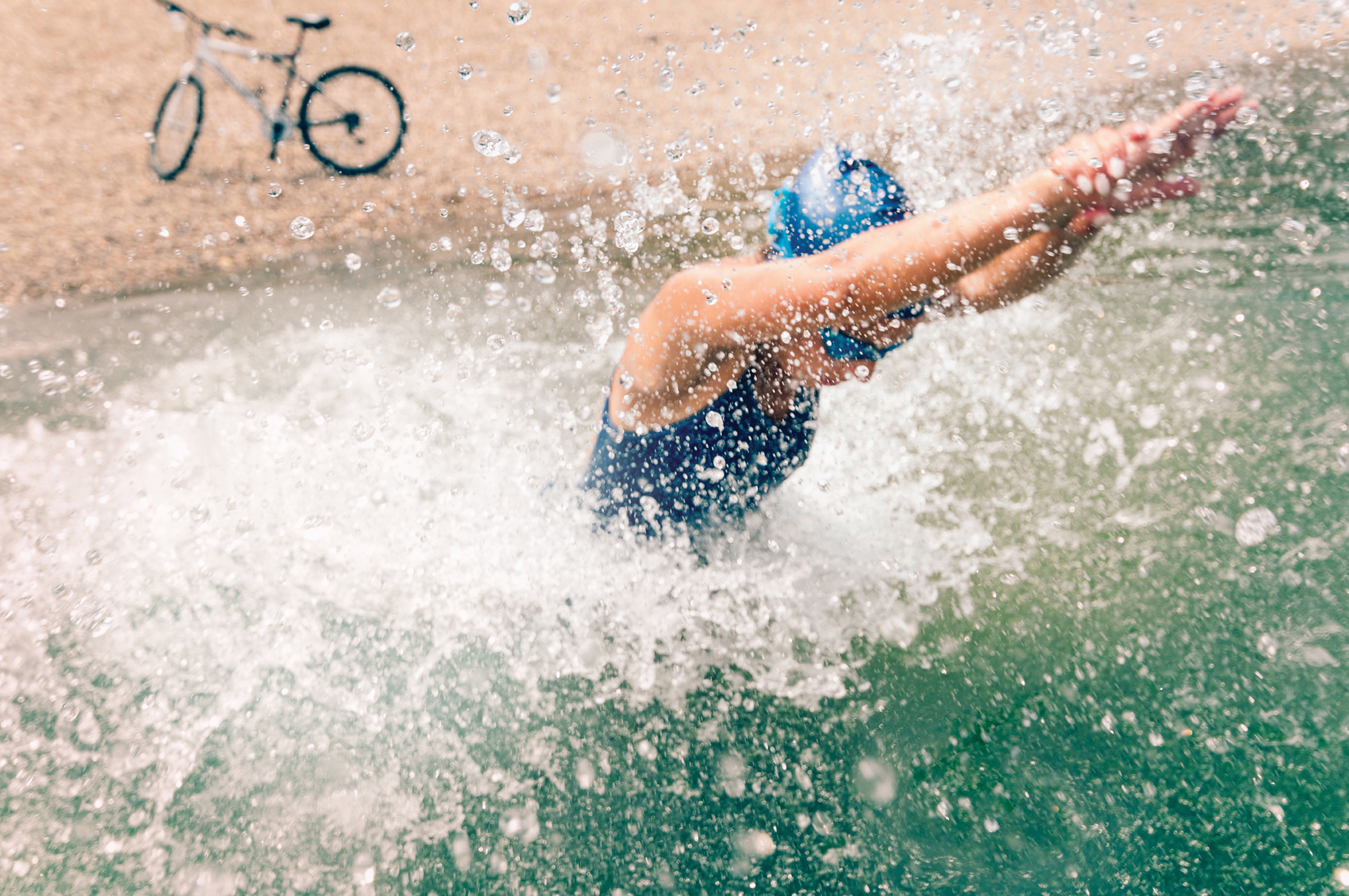Twenty years ago, Orlando resident Hector Torres lost 100 pounds. This feat led to his participation in triathlons.
“After I lost all the weight, I was invited to see a friend race and thought, ‘If he could do it, I could do it,’” Torres explains.
He couldn’t finish his first race. Torres, like many new beginners, made the mistake of training on his own rather than seeking out assistance and support from other athletes who had been in his shoes.
He joined a small training group in 2003 and tried again. That time, he finished the race, but the swimming portion took him 45 minutes.
After two years of difficult training, Torres began winning races and his swim time decreased to six minutes.
Getting Started
In the third year of his triathlon journey, Torres became the person that others turned to for training assistance. He now meets with over 100 athletes throughout the week.
The training tip that he stresses the most is to seek help from others.
“The first thing is to look for a club within your area that will provide you support because the sport can sometimes get lonely,” Torres says.
He suggests finding a coach within that club who can help you. Then sit down with your coach to plan your goals based on your strengths and weaknesses.
Torres says the toughest triathlon discipline to conquer is swimming because many athletes build up their muscle mass only to learn that muscle is denser than fat, making it harder to swim.
Athletes should also stock up on the necessary gear for the sport. Besides the basics — swim cap, goggles, fins, a bike, cycling shoes, a helmet and running shoes — Torres says that the most important tool is an athletic watch. He believes it is essential for the watch to monitor your GPS, heart rate and training data so you can keep track as you train compete.
Getting Serious
Since triathletes master three different sports, they should maintain a strict diet, take rest periods and participate in races throughout the year to become successful. Torres stresses that triathletes must eat to train, not train to eat during the training process.
“Your body is your machine,” Torres says.
The goal of triathlon training should be finding a balance between each sport while focusing on becoming a better athlete. Using his mantra, “perfect practice makes perfect,” Torres notes that practice is more about consistently performing each discipline correctly every time.
“Many Americans believe that practice makes perfect, but people will go at it all the time and within a month or so they will over train themselves and burn out,” he says.
Subjecting one’s body to such intense endurance training is extremely difficult, but Torres believes it is all worth it in the end.
“When u see [athletes] cross that finish line, it changes your life,” he says. “It’s so rewarding.”




Comments